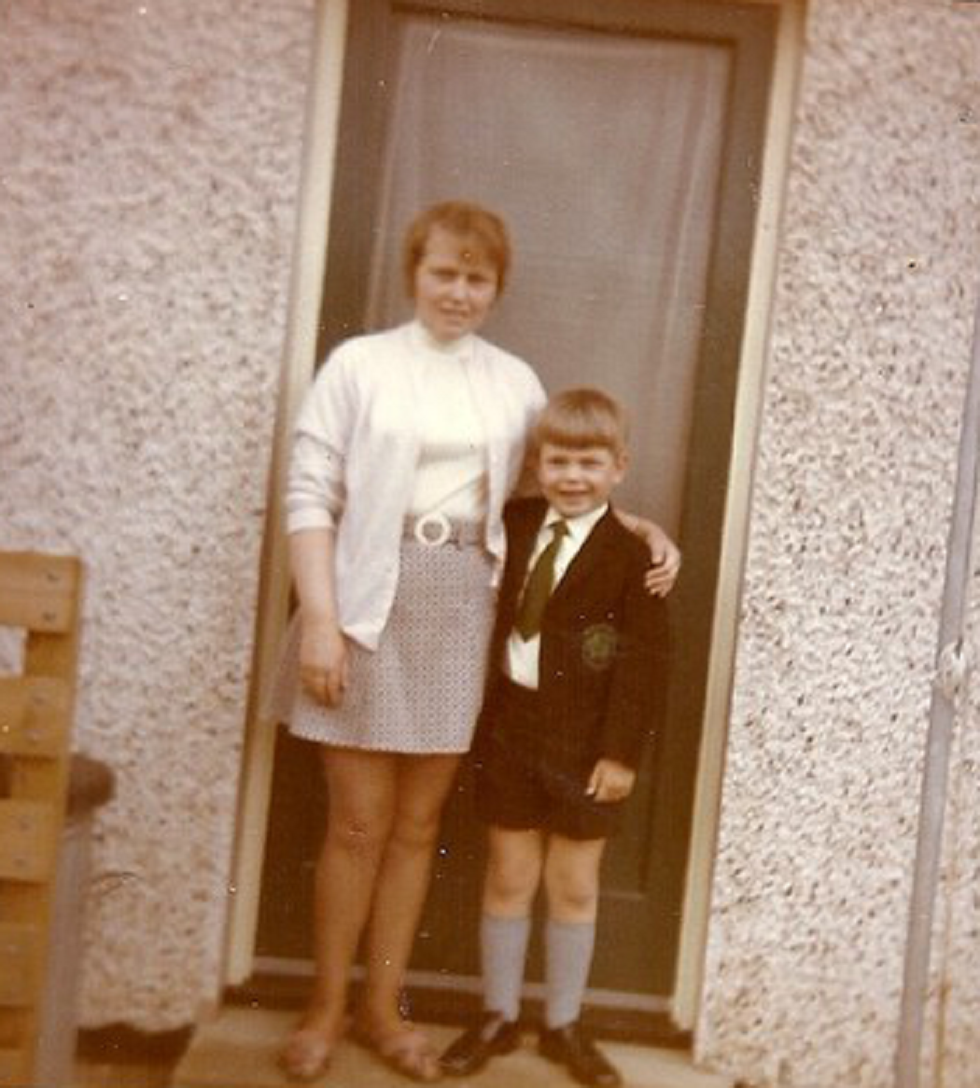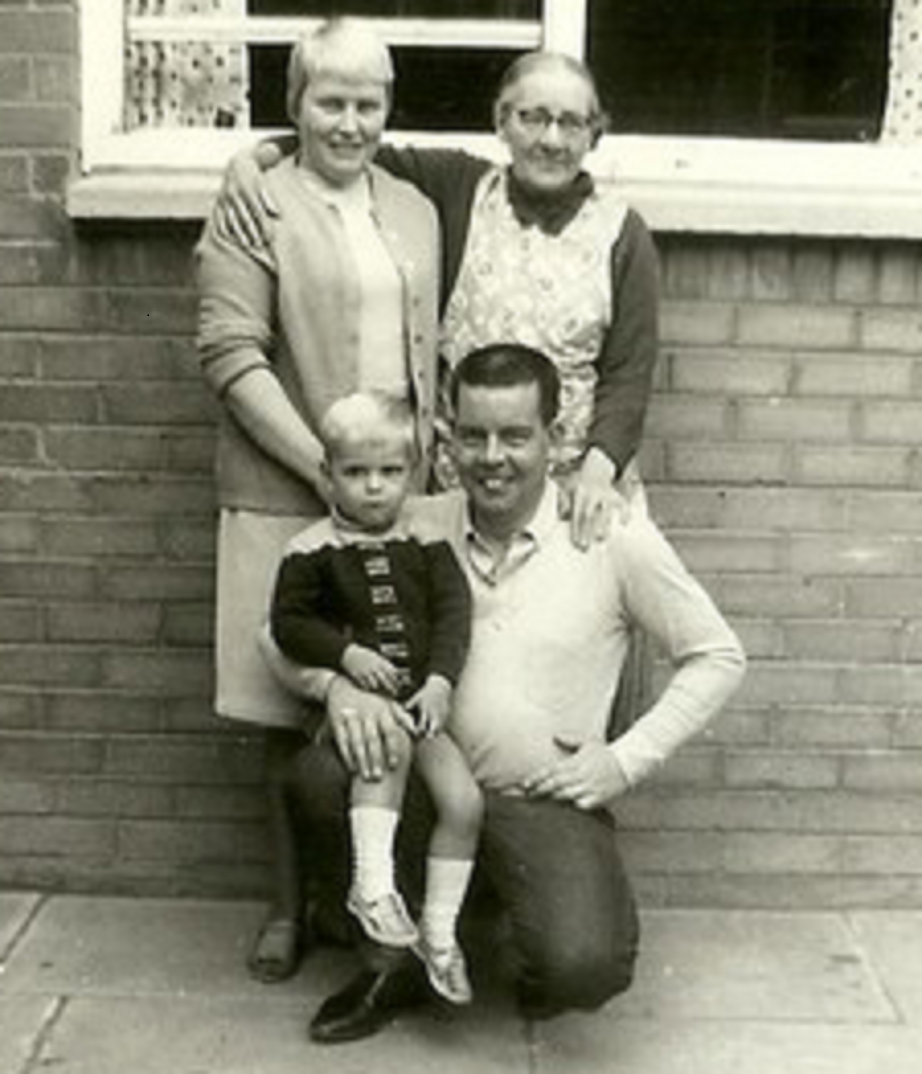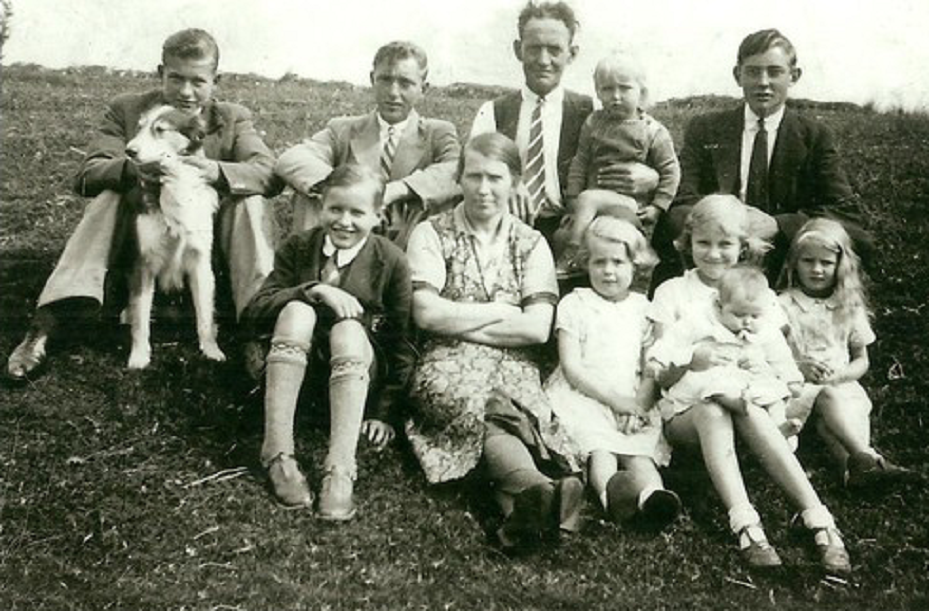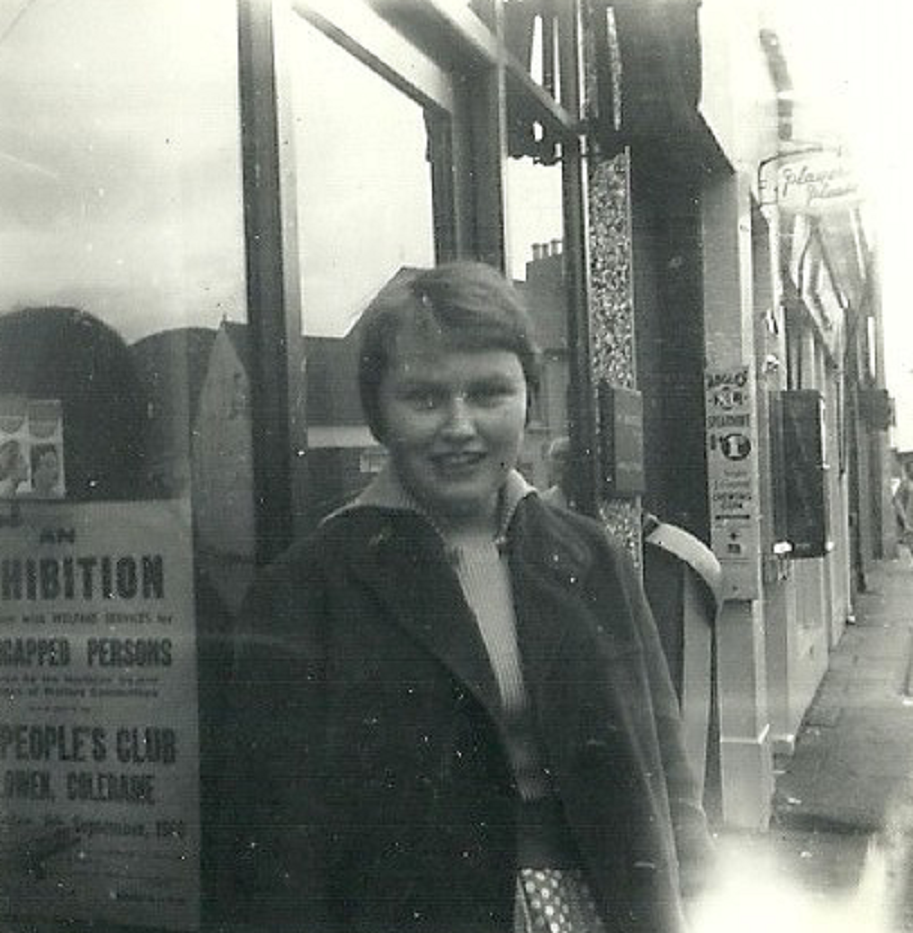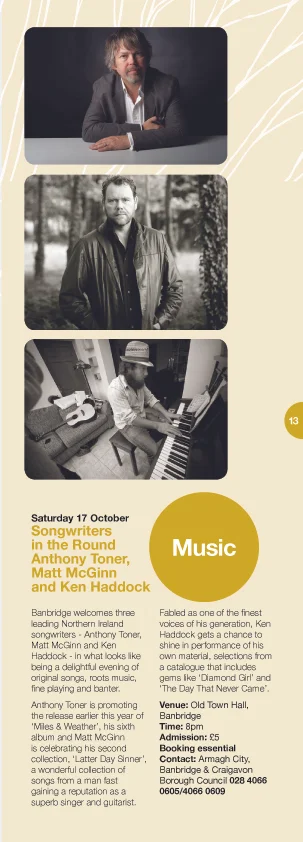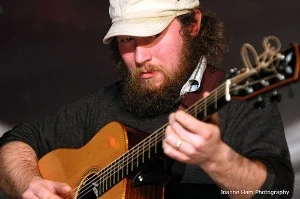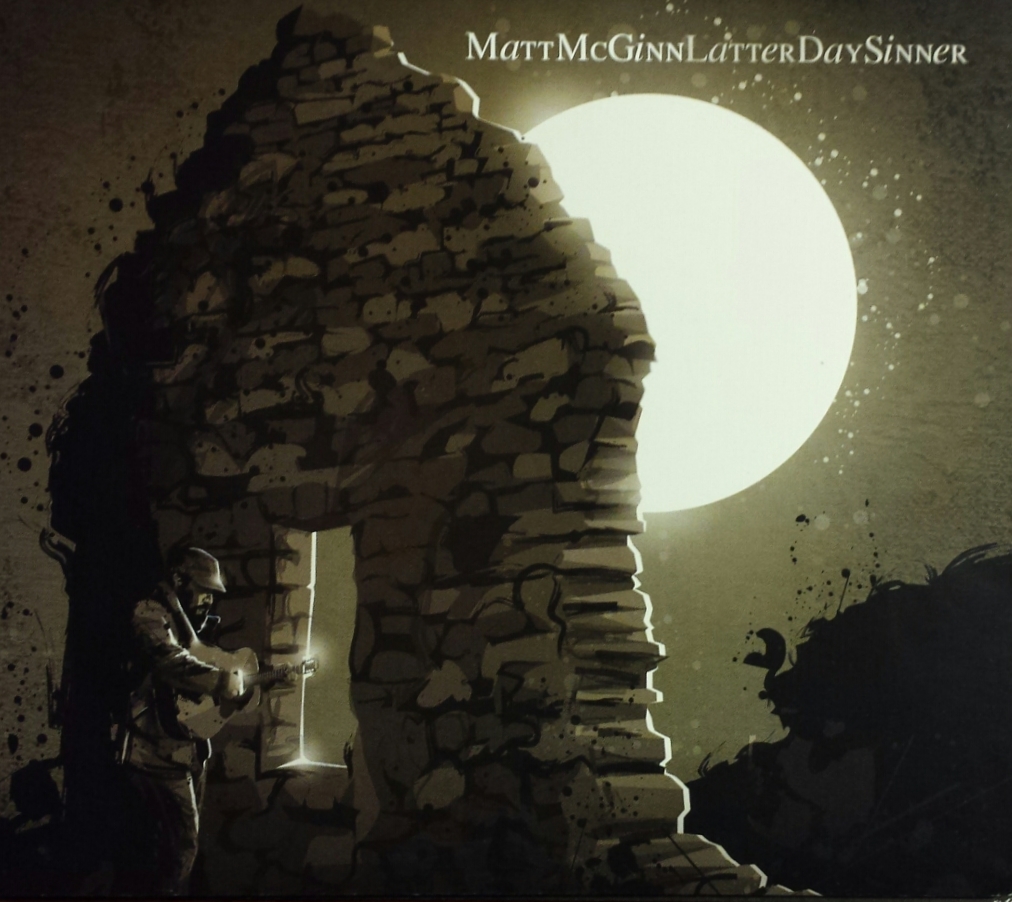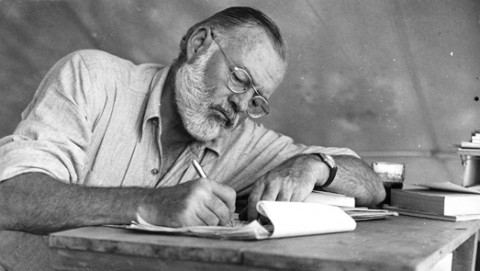The ghost of Philip Larkin followed me home from Sainsbury's the other day.
Over by the cheese counter in the grey empty middle of a Sunday afternoon, I passed a woman struggling with her two boys. The oldest one had plonked himself down in the pram in place of his tired younger brother – and she was trying to encourage him to his feet, while coaxing the younger one back into the pram.
Eventually the older one got up, but by now the younger one wouldn't sit down. The possibility arose that the pair of them might suddenly run off and roam the aisles in a circuitous, destructive escape bid - while she pushed an empty pram for hours down the canyons between the shelves, calling their names in vain.
- Will you sit down? She asked – and he complained and refused.
- Please sit down, she implored him.
And still he refused. I saw her shoulders slump.
- If I give you money, will you sit down?
And she began to rummage in her purse for change.
I got through the checkout and headed for the exit. Ahead of me, an enormous woman was pushing a trolley, packed mountainously high with groceries. This was a large woman in her early 30s – with a stern, long-suffering look, about six feet tall, rolls of fat and muscle across her shoulders and torso. Ahead of her, her husband pushed a similar trolley, also packed to the bows with teetering, loose bags of shopping.
He was also large – a big, shapeless guy with swinging limbs and a kind of beaten, defeated look. In front of him, in the little folding seat of the trolley, his little boy was leaning over backwards, attempting to grab tasty items out of the shopping bags. His father, muttering under his breath, was snatching the bags and jars from his grasp, and putting them back into the bags with one hand, and trying to keep the trolley moving with the other.
Between him and his wife, their little girl sat down heavily on one of the chairs near the café.
- Move, you, said the mother to the daughter.
The little girl, tired and with a slightly mischievous look, stayed where she was and thought about disobedience.
- MOVE!! Roared her mother suddenly, the Sunday afternoon shoppers glancing over as they loaded their own trolleys.
- MOVE… Or be DRAGGED.
And up she got, maybe six years old, and headed for the exit between the trolleys, and back to the family home, to fill the cupboards and the freezer and the fridge, until the same time next week.

